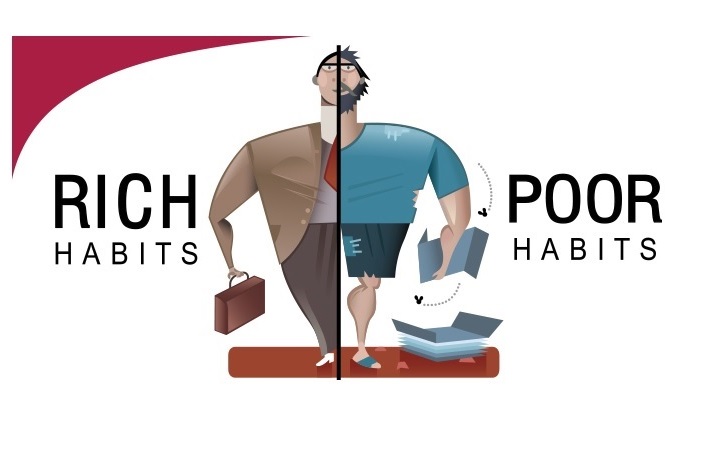What the EU’s additional tariffs on China’s electrical automobiles imply for carmakers in each markets – Cyber Tech
Here’s what you could know concerning the curbs and what it means for the 2 economies.
How and when will the EU’s additional tariffs on China’s EVs be utilized?
The brand new tariffs will probably be added to the prevailing 10 per cent import obligation on EVs imported by the EU from mainland China. The additional levies will solely apply to pure-electric vehicles. Plug-in hybrid electrical automobiles, gasoline cell vehicles and elements comparable to batteries are exempt from the punitive measures.
The provisional duties range between 17.4 per cent and 38.1 per cent, relying on every carmaker’s stage of cooperation with the European Fee’s anti-subsidy investigation launched final October.
“The tariffs themselves are a lot smaller in scope and magnitude than these levied by the US on Chinese language EVs a month in the past,” Moody’s stated in its report launched on Tuesday. “Nonetheless, they’ll have bigger knock-on results, given the tighter interlinkages and bigger buying and selling volumes between the Chinese language and EU economies.”
The duties will provisionally come into impact on July 4 except the EU and China can attain an settlement to unravel the issue. The ultimate choice will probably be made in November after consultations between EU members and Chinese language EV makers.
Members of the bloc would not have to vote on the punitive measures and a few, together with Hungary, Germany and Sweden, are against the curbs. They would want the backing of a minimum of 12 different members to veto the plan.
What do the tariffs imply for the Chinese language carmakers?
Exports solely accounted for 16 per cent of China’s complete automobile gross sales in 2023, and three quarters of these shipped overseas have been petrol-driven, in line with Chinese language customs knowledge and the China Affiliation of Vehicle Producers.
Chinese language EV exports will stay cost-effective regardless of the tariffs, and the electrical automobile builders are grappling with intense competitors at dwelling which has pressured costs down and squeezed revenue margins, Moody’s stated within the report.
“I’m positive that Chinese language producers will solely achieve success in Europe in the event that they produce there,” Volkswagen China’s chief govt, Ralf Brandsatter, wrote in a LinkedIn submit final week. “They are going to then additionally need to work with European wages, power costs, components prices and commerce unions. On this means, we not solely create a stage enjoying area but in addition larger prosperity for Europe.”
What do the tariffs imply for European carmakers?
The tariffs will most likely give European carmakers a slight benefit within the close to time period as the worth hole between locally-built EVs and Chinese language vehicles will slim, particularly for the likes of Renault, which relies upon closely on the EU market.
EU carmakers who assemble pure-electric vehicles in China are more likely to endure as they could face larger tariffs in the event that they wish to export their vehicles assembled by their mainland ventures to the European market.
Moreover, manufacturers like VW and Mercedes-Benz, whose gross sales in China make up 36 per cent of their international complete, could also be affected by potential retaliation from the Chinese language authorities. Beijing has indicated it may increase tariffs on large-engine European vehicles from 15 per cent to 25 per cent.
What do the tariffs imply for the Chinese language and European economies?
Moody’s Rankings forecasts that the preliminary financial impression will probably be small for each China and the EU as pure EVs make up simply 1 per cent of all Chinese language auto exports.
The impression from the EU tariffs on China will probably be bigger than that inflicted by the US due to the stronger integration between the 2 economies’ auto provide chains.
The longer-term results are much less sure. A call by international carmakers to maneuver a few of their manufacturing capability from China would crimp the sector’s progress, Moody’s stated.
Ought to the tariff will increase result in sustained commerce limitations within the auto sector between the EU and China, this is able to complicate funding methods and provide chains, creating dangers for each areas.



